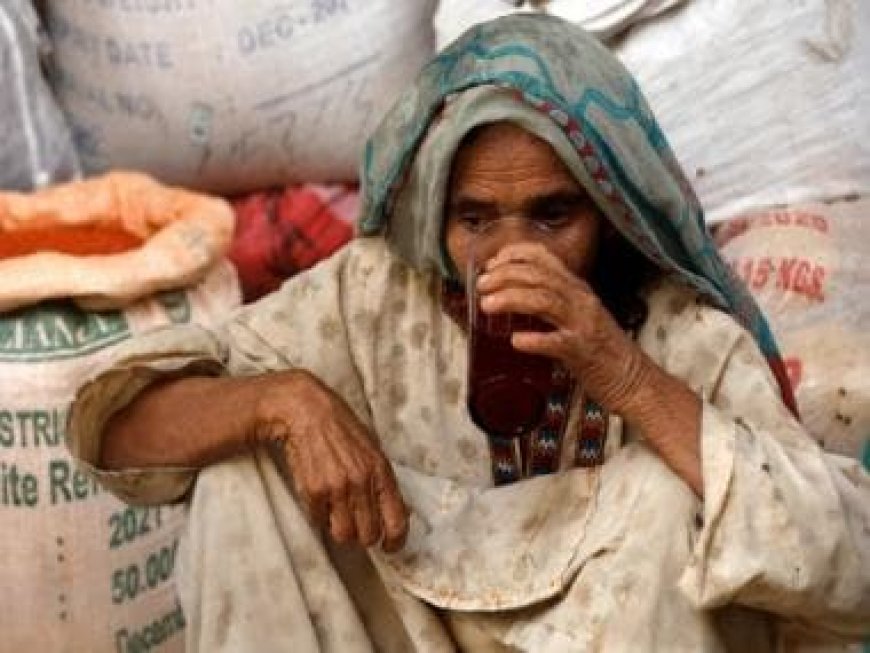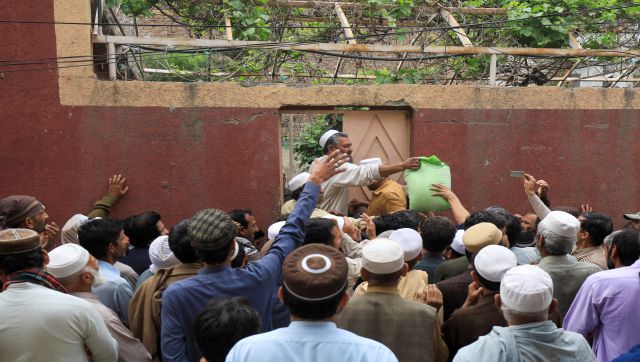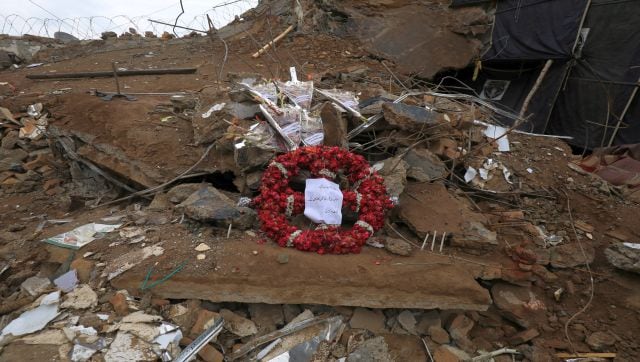Can bankrupt Pakistan afford to give its government employees a 45% salary hike?
Can bankrupt Pakistan afford to give its government employees a 45% salary hike?

Pakistan is facing a number of issues. Its economy is in the doldrums, it is facing international criticism for driving away nearly 1.7 million Afghan refugees, and it’s cricket team is struggling to qualify for the ICC World Cup semi-finals.
However, amid this doom and gloom, there’s some good news – although it’s only for government employees. The caretaker government in the country, headed by Anwar-ul-Haq Kakar, has increased salaries and perks of top bureaucrats in management positions by a flat 45 per cent with effect from 1 October.
But can Pakistan really afford to give its government employees a hike? How will this play out in the cash-strapped nation, which will begin negotiations with the International Monetary Fund (IMF) today for the release of $710 million second tranche of a $3 billion loan?
Windfall for government servants
Pakistani media on Thursday reported that the caretaker government had announced a 45 per cent hike for government officials in the MP-I, MP-II and MP-III positions.
Under the revised pay structure, the employees in the MP1 position will receive minimum and maximum remunerations Rs 8,04,180 (INR 2.37 lakh) and Rs 10,13,920 (INR 3 lakh) per month. This has increased from the previous Rs 6,99,350 (INR2.06 lakh) per month.
Similarly, the minimum and maximum monthly package of MP-II scales was Rs 2,55,750 (INR75,450) and Rs 4,13,600 (INR 1.21 lakh) per month. This will now range from Rs 3,70,850 (INR 1.09 lakh) to Rs 5,99,740 (INR1.76 lakh).
The officers in the MP-III grade used to get Rs 1,65,855 (INR49,000) to Rs 2,33,750 (Rs 69,000) per month. The amount has now been revised to Rs 2,40,460 (INR 71,000) and Rs 3,38,960 (INR 99,975), reports The Dawn.
Additional to this, travel and daily allowances for employees in MP-I positions would now be equivalent to civil servants of the highest grade, while those in MP-II and MP-III would be treated on a par with civil servant grades in BPS-21 and 20, respectively.
Moreover, all MP officers would be allowed reimbursement of medical and hospitalisation charges for the officer, spouse and children for treatment at government-recognised institutions in the country. Besides, all these officers would be entitled to one month’s basic pay for each completed year of service.
According to the Pakistan government, the remunerations for MP officers were last revised in July 2017.
A struggling economy
The pay hikes come at a very interesting time for Pakistan. The country’s economy is struggling to stay afloat.
The country’s inflation measured by the Consumer Price Index (CPI) increased by 26.89 per cent year-on-year in October 2023. This has led to the rise in prices of daily food items in the country. For instance, the price of chicken has risen to Rs 502 per kilo. At the same time, the country has also seen prices of flour skyrocket. A 20-kilogram atta bag is now being sold at prices varying from Rs 2,850-3,050 in the open market.
In August, it was also reported that people of Pakistan had to shell out a whopping Rs 155 for a kilo of sugar; this compared to Rs 86 in April 2022. Similarly, ghee in August was sold at Rs 600 per kilo, up from Rs 470 in April last year.

In September, the prices of petrol and diesel crossed the Rs 300 mark for the first time in history, adding to the worries of people.
Apart from this, Pakistan’s debt has also risen, according to the report issued by the country’s central bank. The report revealed that the domestic debt amounted to Rs 36.5 trillion (62.3 per cent) while the external debt accounted for a 37.6 per cent share with Rs 22 trillion at the end of April, 2023.
The World Bank has also warned that the country is at a tipping point on poverty with 40 per cent of its population below the poverty line. The latest statistics showed that poverty had risen from 34.2 per cent to 39.4 per cent.
The World Bank further stated that Pakistan’s growth model had resulted in periodic balance of payments crises driven by unsustainable fiscal and current account deficits that necessitated subsequent painful contractionary adjustments, slowing growth, reducing certainty and undermining investments, as per The Financial Post.
Struck by terrorism
Apart from the financial crisis, Pakistan is also struggling with a rise in terrorist attacks on their soil, causing further turmoil and chaos in the country.
A report published by Pakistan’s GeoTV stated that the country had witnessed a sharp 83 per cent rise in terror attacks in the month of August itself. The country recorded 99 terror attacks in August – the greatest number recorded in a single month since November 2014.
A report by Pakistan Institute for Conflict and Security Studies (PICSS) also stated that the country had seen a rise in terror attacks in the first six months of this year – 271 attacks, claiming the lives of 289 people and injuring 656 others.

Last year, in the same period, Pakistan witnessed 151 attacks, causing 293 deaths and 487 injuries. The figures depict a staggering 79 per cent increase in attacks during the first half of 2023 compared to the corresponding period last year.
In fact, Pakistan has claimed that the owing to this rise in terrorist attacks, they have ordered the ouster of nearly 1.7 million Afghan nationals.
A case of misplaced priorities
It seems that Pakistan continues to suffer from misplaced priorities. Earlier too, experts had questioned Islamabad’s quest to enhance its nuclear arsenal. According to a report, amid a deteriorating economy, Pakistan has developed a whopping 170 nuclear warheads – the highest number ever.
It seems that Pakistan doesn’t learn and continues to beg for funds. It has become IMF’s fourth-largest borrower across the world, owing the agency $10.4 billion and the largest IMF borrower in Asia. Countries such as Nepal, Sri Lanka, Uzbekistan, Armenia, the Kyrgyz Republic and Mongolia are far behind in terms of borrowings from IMF.
Inputs from agencies
What's Your Reaction?



























































